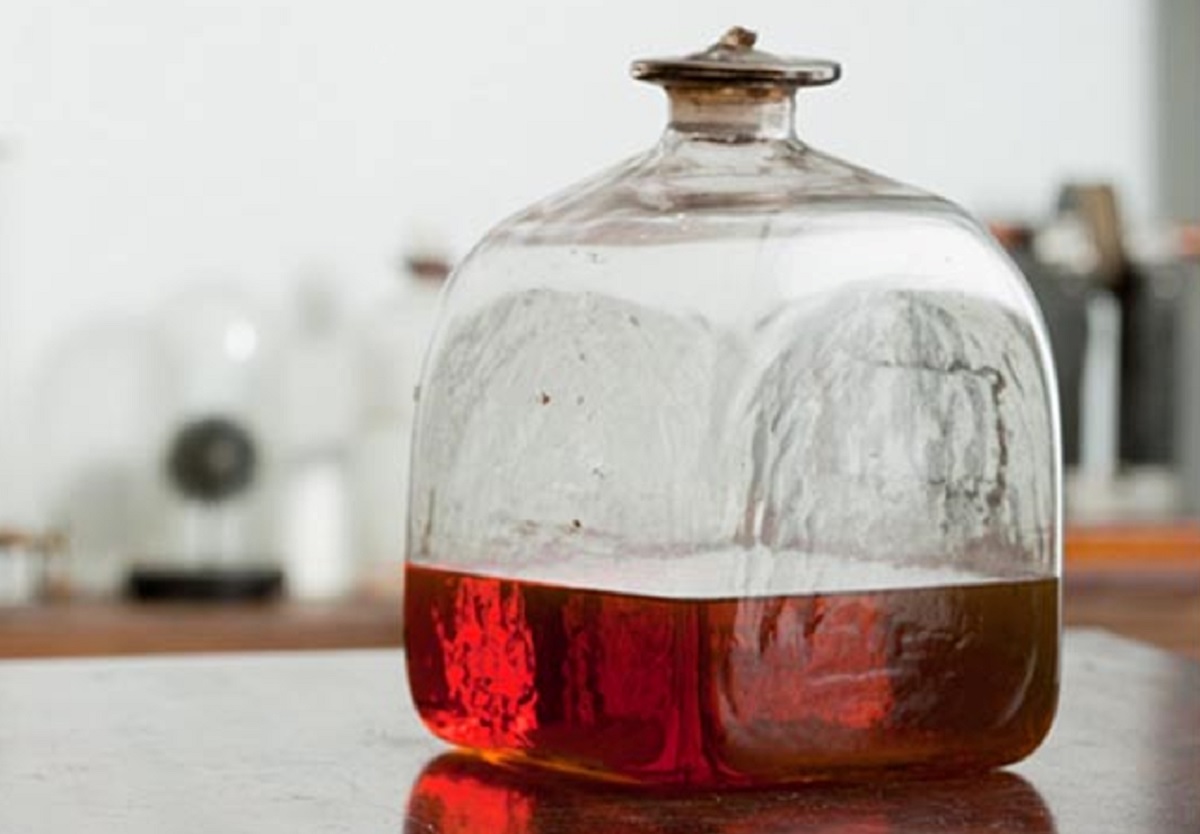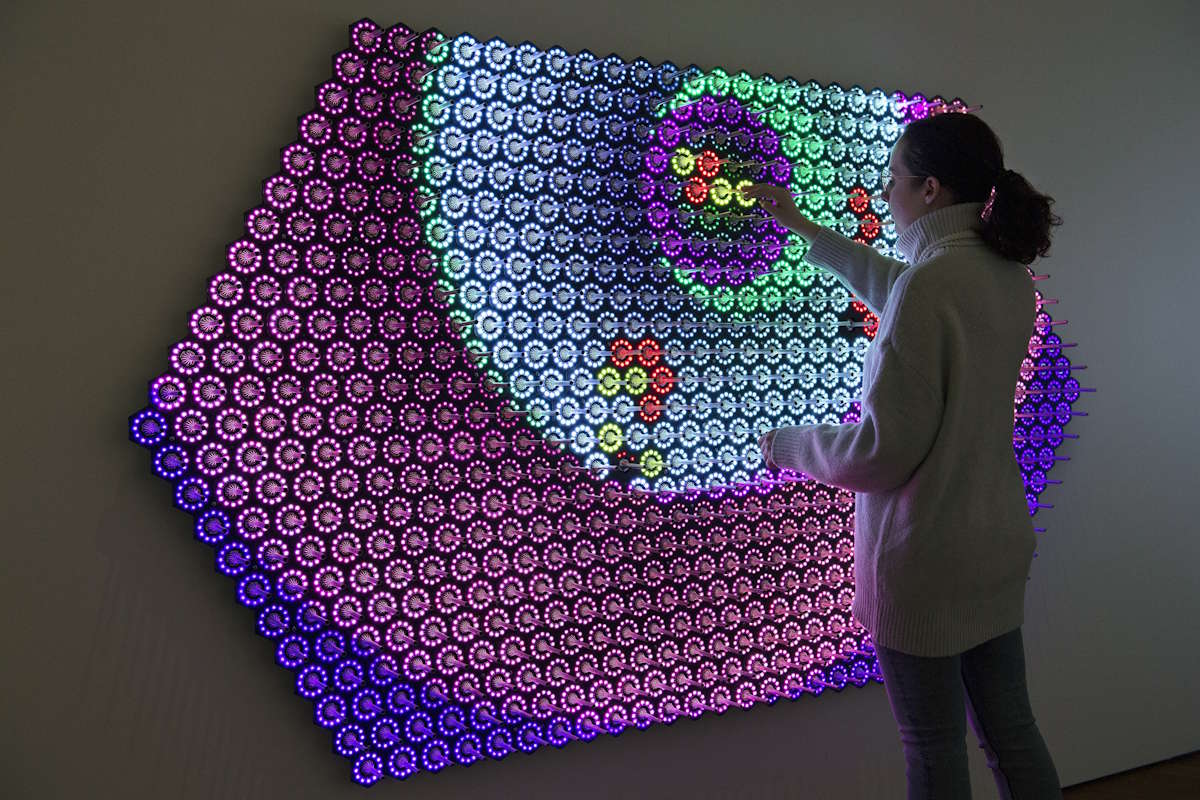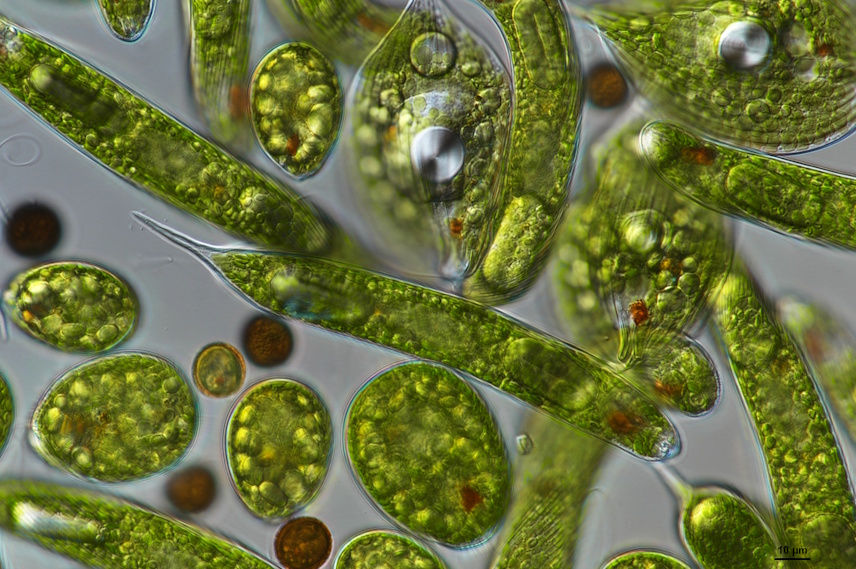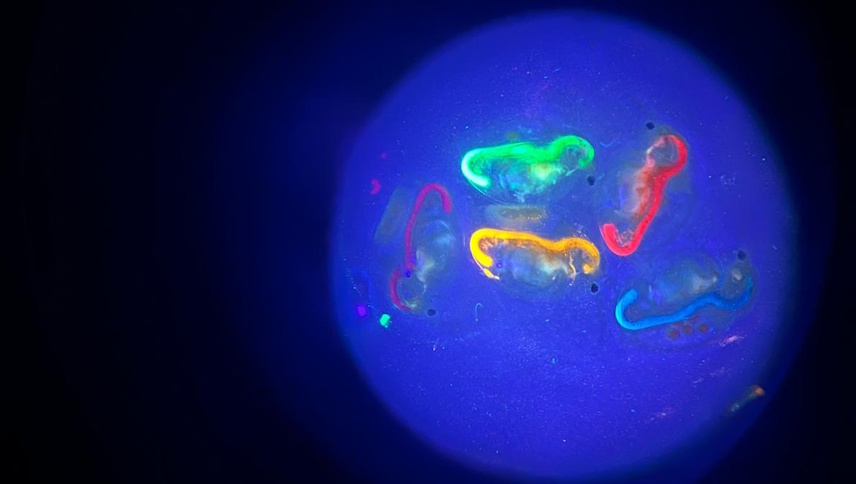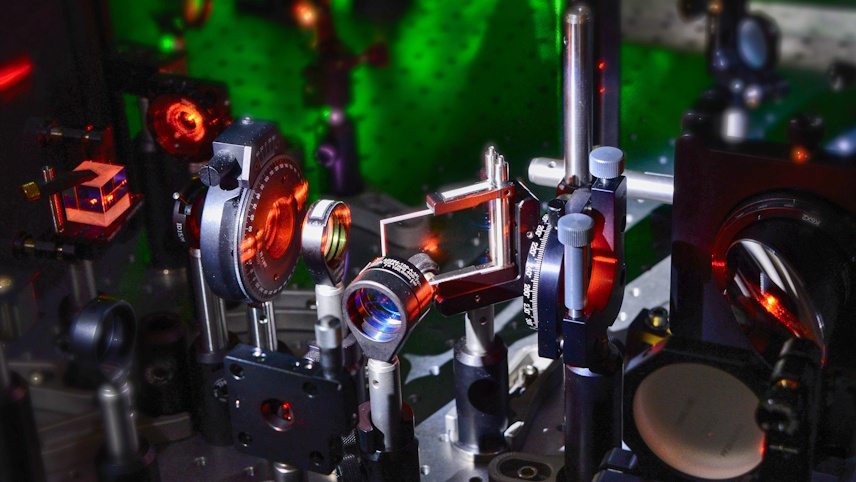Discover cutting-edge research and innovation at the Royal Society's unmissable Summer Science Exhibition, 1 – 6 July 2025. This free event, suitable for all ages, showcases the latest research from across the UK, through interactive exhibits, hands-on activities and talks.
Entry to the exhibition is free, you do not need a ticket – just come along on the day and enjoy all of the exhibits and activities.
This year, come face-to-face with live spiders and walk in an elephant’s footsteps to uncover how vibrations help animals of every shape and size communicate and sense their environment. Get hands on with a new surgical sensation: a glove that has been designed to measure the smallest of forces to help train surgeons more precisely, affordably, and safely. Meet scientists at the heart of quantum research to discover how quantum technologies are transforming our futures, from helping us in our daily lives through the GPS in our phones to developing computers that can solve problems beyond the reach of the world’s most powerful supercomputers.
That’s not all, with 13 flagship exhibits, a Young Researcher Zone featuring school students with an enthusiasm for science, and an exciting programme of speakers and activities, there’ll be something for everyone.
Sign up to our email newsletter to be the first to hear news about the exhibition. UK school and college groups should book their visit through the dedicated page.
Follow us on our socials: Bluesky, Facebook, Instagram and Threads; #SummerScience.
We look forward to welcoming you this July.

